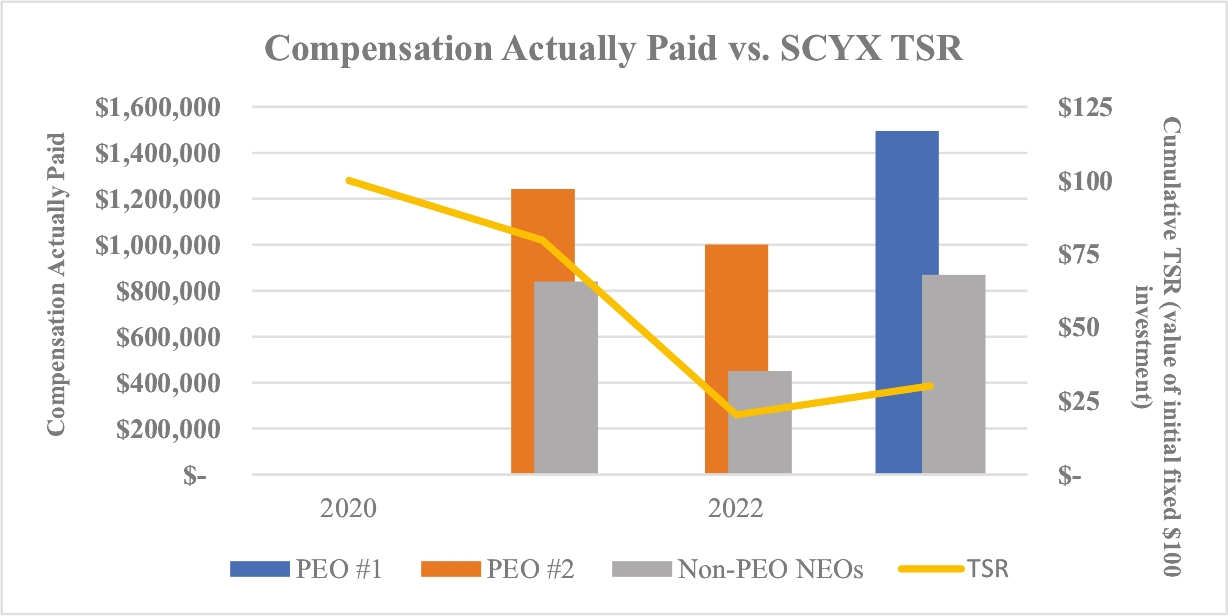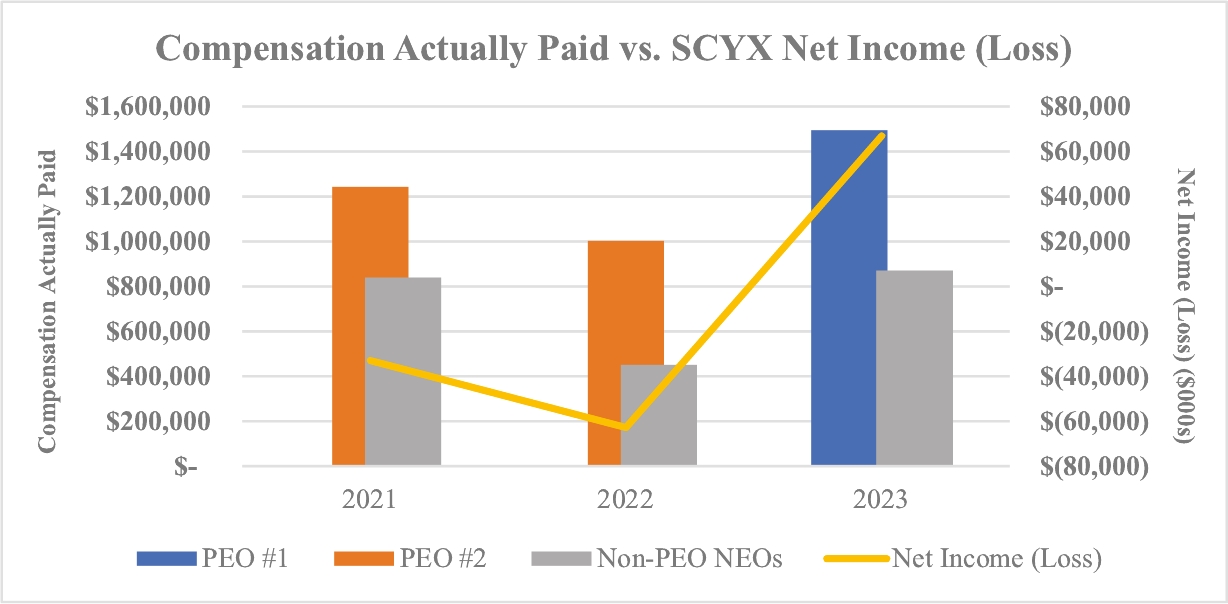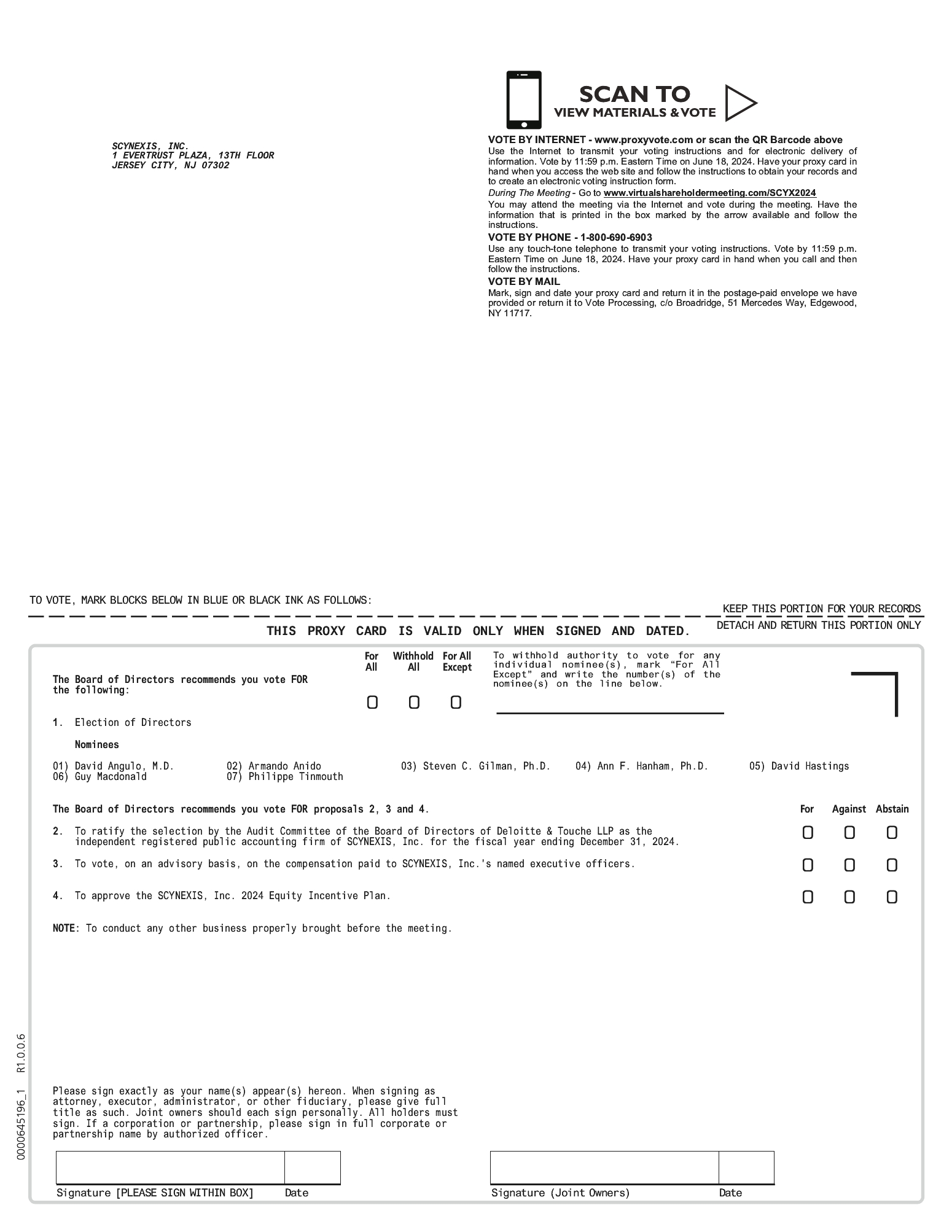such a Section) so declared to be unlawful or invalid shall, if possible, be construed in a manner which will give effect to the terms of such Section or part of a Section to the fullest extent possible while remaining lawful and valid.
13. TERMINATION OF THE PLAN.
The Board may suspend or terminate the Plan at any time.
No Incentive Stock Options may be granted after the tenth anniversary of the earlier of: (i) the Adoption Date, or (ii) the Effective Date.
No Awards may be granted under the Plan while the Plan is suspended or after it is terminated.
As used in the Plan, the following definitions apply to the capitalized terms indicated below:
(a) “Acquiring Entity” means the surviving or acquiring corporation (or its parent company) in connection with a Corporate Transaction.
(b) “Adoption Date” means the date the Plan is first approved by the Board or Compensation Committee.
(c) “Affiliate” means, at the time of determination, any “parent” or “subsidiary” of the Company as such terms are defined in Rule 405 promulgated under the Securities Act. The Board may determine the time or times at which “parent” or “subsidiary” status is determined within the foregoing definition.
(d) “Applicable Law” means any applicable securities, federal, state, foreign, material local or municipal or other law, statute, constitution, principle of common law, resolution, ordinance, code, edict, decree, rule, listing rule, regulation, judicial decision, ruling or requirement issued, enacted, adopted, promulgated, implemented or otherwise put into effect by or under the authority of any Governmental Body (including under the authority of any applicable self-regulating organization such as the Nasdaq Stock Market, New York Stock Exchange, or the Financial Industry Regulatory Authority).
(e) “Award” means any right to receive Common Stock, cash or other property granted under the Plan (including an Incentive Stock Option, a Nonstatutory Stock Option, a Restricted Stock Award, a RSU Award, a SAR, a Performance Award or any Other Award).
(f) “Award Agreement” means a written or electronic agreement between the Company and a Participant evidencing the terms and conditions of an Award. The Award Agreement generally consists of the Grant Notice and the agreement containing the written summary of the general terms and conditions applicable to the Award and which is provided, including through electronic means, to a Participant along with the Grant Notice.
(g) “Board” means the Board of Directors of the Company (or its designee). Any decision or determination made by the Board shall be a decision or determination that is made in the sole discretion of the Board (or its designee), and such decision or determination shall be final and binding on all Participants.
(h) “Capitalization Adjustment” means any change that is made in, or other events that occur with respect to, the Common Stock subject to the Plan or subject to any Award after the Effective Date without the receipt of consideration by the Company through merger, consolidation, reorganization, recapitalization, reincorporation, stock dividend, dividend in property other than cash, large nonrecurring cash dividend, stock split, reverse stock split, liquidating dividend, combination of shares, exchange of shares, change in corporate structure or any similar equity restructuring transaction, as that term is used in Statement of Financial Accounting Standards Board Accounting Standards Codification Topic 718 (or any successor thereto). Notwithstanding the foregoing, the conversion of any convertible securities of the Company will not be treated as a Capitalization Adjustment.
(i) “Cause” has the meaning ascribed to such term in any written agreement between the Participant and the Company defining such term and, in the absence of such agreement, such term means, with respect to a Participant, the occurrence of any of the following events: (i) such Participant’s commission of any felony or any crime involving fraud, dishonesty or moral turpitude under the laws of the United States or any state thereof; (ii) such Participant’s attempted commission of, or participation in, a fraud or act of dishonesty against the Company or any of its employees or directors; (iii) such Participant’s material violation of any contract or agreement between the Participant and the Company, the Company’s employment policies or of any statutory or



